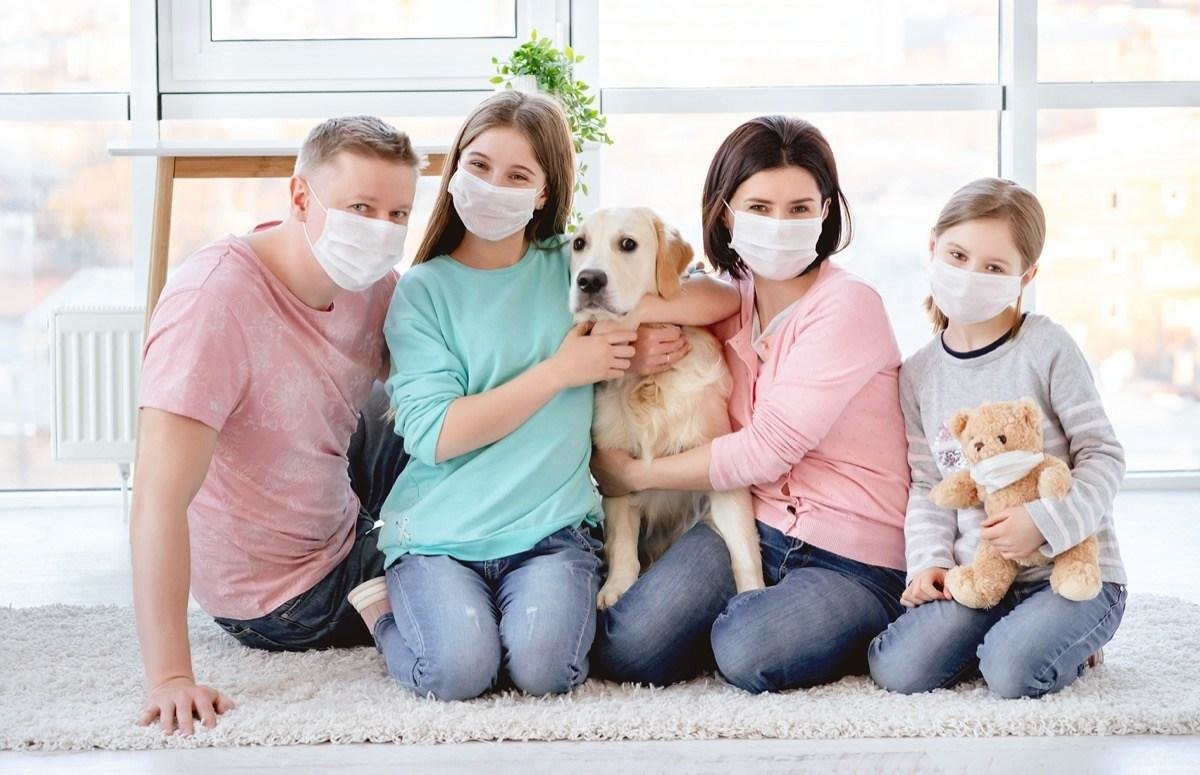Covid-19 guidelines changing
Diagnostic tests, community screens needed
SC health officials want to increase covid-19 testing and screening.
The Department of Health and Environmental Control has updated its testing and isolation requirements, based …
This item is available in full to subscribers.
Subscribe to continue reading. Already a subscriber? Sign in
Get 50% of all subscriptions for a limited time. Subscribe today.
Please log in to continueNeed an account?
|
Covid-19 guidelines changing
Diagnostic tests, community screens needed
SC health officials want to increase covid-19 testing and screening.
The Department of Health and Environmental Control has updated its testing and isolation requirements, based on Centers for Disease Control and Prevention guidance.
The updated guidance includes:
- Diagnostic testing because covid-19 can be spread before symptoms appear or even when there are no symptoms. Anyone with symptoms and those who are close contacts to people with the infection need to be tested because they are more likely to be infected.
- It is also important to conduct community screening of all who are simply out and about in the community. If they have no symptoms or known close contact, they are less likely to be infected with the virus than those with symptoms or known close contact but they still are at risk.
- DHEC recommends diagnostic testing as needed and screening tests at least monthly for most people in the community, particularly those who spend time around others. This should be a test that directly detects the virus through a saliva sample or a nose or throat swab. Testing for antibodies in the blood is not recommended for this purpose.
- Those who test positive do not need additional testing within 3 months after the symptoms began or when the sample was collected for testing.
- Repeat testing to end isolation or return to work or school is NOT recommended.
- It is possible to be infected, feel well without symptoms, and yet be able to spread it. Recommendations regarding isolation and quarantine after testing vary depending on whether testing was done in response to symptoms or for screening purposes.
- Self-isolating at home after a screening test is not necessary for those without symptoms and not known to be a close contact to a case.
- They should continue preventive actions such as wearing a mask and avoid close contact with others until their test results are received.
- If your results are positive, you must complete isolation requirements.
- Any of your close contacts should quarantine, too.
- Those tested because they have symptoms or believe to be at greater risk of being infected must self-isolate until their test results come back. They may stop self-isolating if negative but if positive must complete the recommended isolation period.
- Those who are close contacts to someone infected should be tested but must complete their full recommended quarantine even if they test negative.
- Children may have mild symptoms or none at all yet can transmit the virus. Testing children who are close contacts or who have symptoms is critical to prevent the spread.
The need for testing, when to test, and when to isolate or quarantine depends on symptoms, timing of the test and whether there has been a known exposure to a covid-19 case.
Visit the DHEC website for more information on these updated guidelines.
Keywords
COVID-19, guidelines, diagnostic, tests, community, screensOther items that may interest you







Comments
No comments on this item Please log in to comment by clicking here